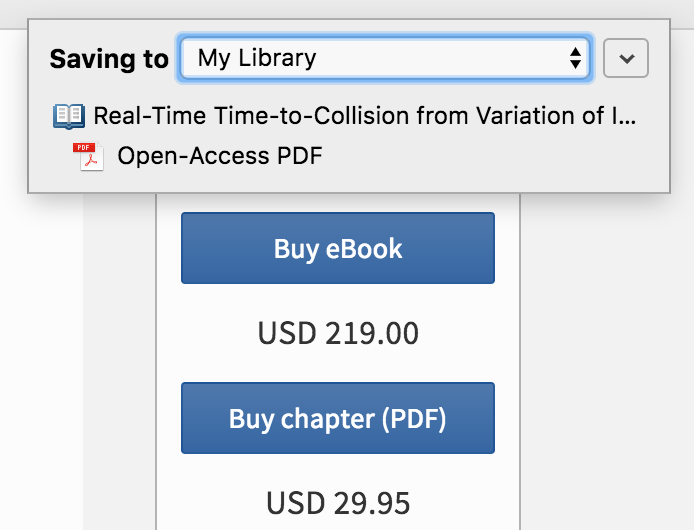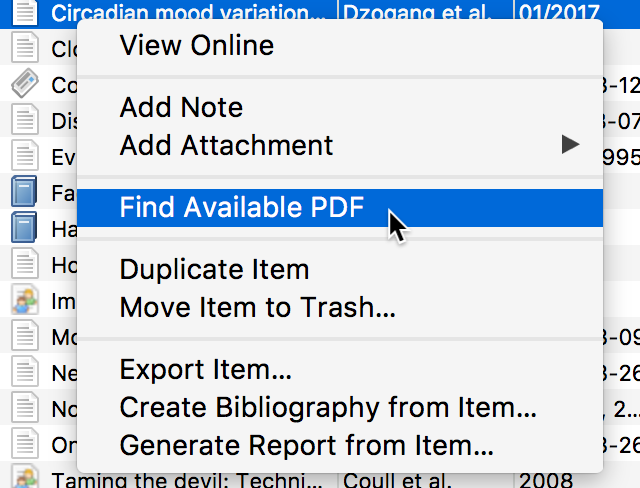Zotero can now help you avoid relying on retracted publications in your research by automatically checking your database and documents for works that have been retracted. We’re providing this service in partnership with Retraction Watch, which maintains the largest database of retractions available, and we’re proud to help sustain their important work.
How It Works
Retracted publications are flagged in the items list, and if you click on one you’ll see a warning at the top of the item pane with details on the retraction and links to additional information.

If you try to cite a retracted item using the word processor plugin, Zotero will warn you and confirm that you still want to cite it. If you’ve already added a citation to a document and it later is retracted, Zotero will warn you the next time you update the document’s citations, even if the item no longer exists in your Zotero library or was added by a co-author.

Currently, this feature is limited to items with a DOI or PMID (entered in the DOI field or in Extra as “DOI:”, “PMID:”, or “PubMed ID:”), which covers about 3/4 of Retraction Watch data, but we’re hoping to support items without identifiers as best as possible in a future update.
Designed for Privacy
The full retraction data is stored on Zotero servers, but we’ve designed this feature in a way that allows the Zotero client to check for retracted items without sharing the contents of your library. You don’t need to use Zotero syncing or upload a list of items to benefit from this feature.
For each item in your library, Zotero calculates a non-unique identifier that could map to hundreds or thousands of publications, and then compares those to a list of similar partial identifiers of retracted publications that it retrieves from Zotero servers. For each potential match, it requests the full details of all possible retractions, and then checks for local items matching any of those full identifiers and flags any that it finds. The Zotero servers have no way of knowing whether you have the retracted work in your library or one of hundreds or thousands of others. (A similar approach is used by some tools to check for compromised passwords without sharing the passwords they’re checking with the server.) And, as with our other services, we’re not logging the contents of even these anonymized lookups.
This feature is available today in Zotero 5.0.67.



